Negli anni fine ’50 e ’60 i giovani artisti dei paesi di lingua tedesca – e non solo là – sentirono fortemente la necessità di un rinnovamento culturale che si opponesse alle tendenze restauratrici e recuperasse il vivace dibattito culturale precedente il dodicennio nero. In poesia questi fermenti di cambiamento si concentrano in modo particolare sulla materialità della lingua, nella ferma convinzione che «cambiamenti nella lingua significano cambiamenti nell’interpretazione del mondo» (Heißenbüttel). L’articolo si concentra sulla straordinaria figura di Ernst Jandl, che seppe sfruttare come forse nessun altro le strutture della sua lingua per provocare nel «consumatore di poesia» un sussulto critico capace di rimuovere concetti e valori accettati acriticamente.
Parole chiave: Ernst Jandl, poesia sperimentale, lingua tedesca, grammatica poetica, conoscenza.
In the late 1950’s and 1960’s, young artists in German-speaking countries – and not only there – strongly felt the need for a cultural renewal that opposed restorative tendencies and recovered the lively cultural debate preceding the “black twelve years”. In poetry these ferments of change focus in particular on the materiality of the language, in the firm belief that «changes in the language mean changes in the interpretation of the world» (Heißenbüttel). The article focuses on the extraordinary figure of Enrst Jandl, who was able to exploit the structures of his language like perhaps no other to provoke in the «poetry consumer» a critical leap capable of removing uncritically accepted concepts and values.
Keywords: Ernst Jandl, experimental poetry, German language, poetic grammar, knowledge.






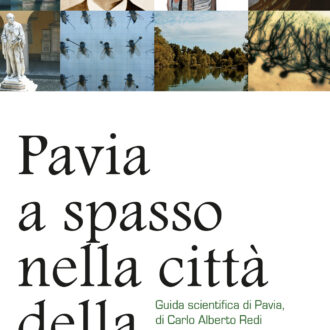
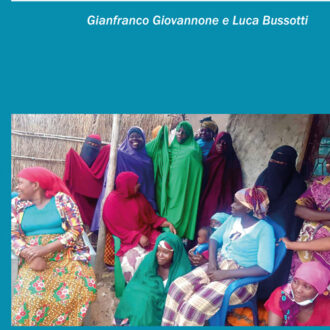
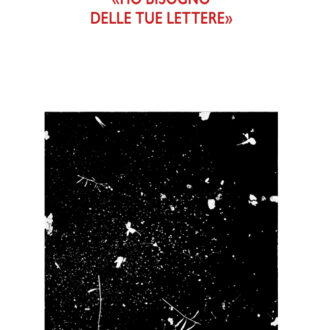
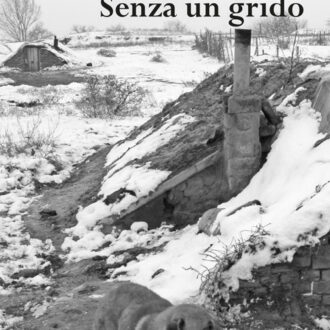
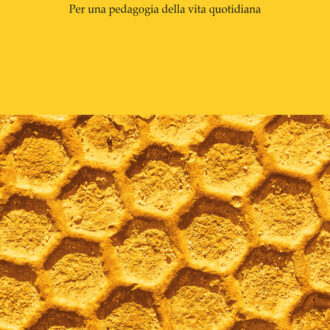

Recensioni
Ancora non ci sono recensioni.